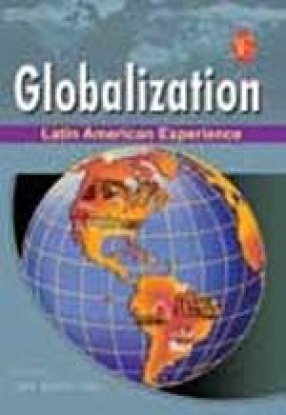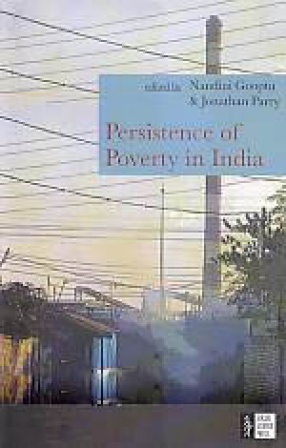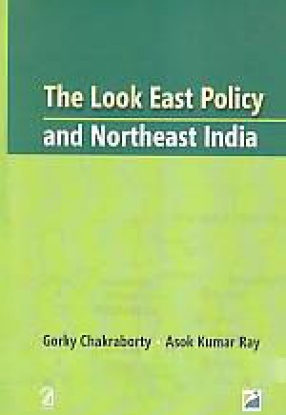Intergovernmental Panel on Climate Change (IPCC) predicted that over the next 100 years, the earth s average temperature is expected to increase by 1.4-5.8°C, the fastest rate of warming in the last 10,000 years. This means that global warming is accelerating at an alarming rate. This rapid change in the earth s climatic condition has become a real threat to the living world and certain plant and animal species have already started off for absolute extinction. The major contributor towards this danger is the unprecedented increase in emission of green house gases generated by human activities. Almost all types of human activities ultimately end up with massive greenhouse gas emission. In order to find out ways to mitigate the severity of global warming in the near future, the United Nations initiated a process with UN Framework Convention on Climate Change (UNFCCC) at the "Earth Summit" in Rio de Janeiro in 1992. In 1997, Kyoto Protocol was signed and sent to the UNFCCC by 84 countries. The protocol binds a number of developed and developing countries for the period 2008 to 2012 in order to achieve the defined emission outcomes. The protocol allows for a range of flexibility mechanisms to be used up in the achievement of their emission targets. This book attempts to bring to the fore the concepts and consequences of the Kyoto Protocol in a two-section format. While the first section gives a portrayal of the protocol with reference to the emerging danger of global warming, the second talks about the implications of the protocol in developed and developing countries.
Kyoto Protocol: Issues and Implications
$31.50
$35.00
In stock
Free & Quick Delivery Worldwide
All orders amounting to US$ 50 or more qualify for Free Delivery Worldwide. For orders less than US$ 50, we offer Standard Delivery at $14 per book.
ABOUT THE AUTHOR Asis Kumar Pain
Asis Kumar Pain holds M.Phil and PhD degrees in Economics from The University of Burdwan, West Bengal. He is currently working as Consulting Editor at Icfai Business School Research Centre, Kolkata. Prior to joining Icfai, he worked on various transport related projects at the Centre for Transport Studies, Jadavpur University. He regularly contributes research papers to various refereed journals. Some of them include Indian Journal of Transport Management (Central Institute of Road Transport), Nagarlok (Indian Institute of Public Administration) and Icfai Journal of Management Research. His research area of interest is travel demand estimation using hierarchical modelling techniques.
ABOUT THE AUTHOR Sandipa Lahiri Anand
Sandipa Lahiri Anand is an MBA (Environment) from Indian Institute of Social Welfare and Business Management (IISWBM), Calcutta University; an M.Sc in Disaster Management from Sikkim Manipal University; and a Diploma holder in Industrial Pollution and Control from Annamalai University. She is also a certified Lead Auditor for Environment Standard. Earlier she worked as an Environment Consultant for four years in a leading lead-acid battery manufacturing industry and was instrumental in getting ISO 14001 for two of its factories. She was also associated with IISWBM, Kolkata as a Guest Faculty for postgraduate courses. Presently she is working as a Research Associate at the ICFAI Business School Research Center, Kolkata. Her areas of research interest are corporate social responsibility, health and safety, ergonomics, environment and other socio-economic issues in business and topics of national interest.
reviews
0 in total
Review by Anonymous
Be the first to review “Kyoto Protocol: Issues and Implications” Cancel reply
You must be logged in to post a review.
Bibliographic information
Title
Kyoto Protocol: Issues and Implications
Author
Edition
1st ed.
Publisher
ISBN
813140594X
Length
256p.
Subjects











There are no reviews yet.